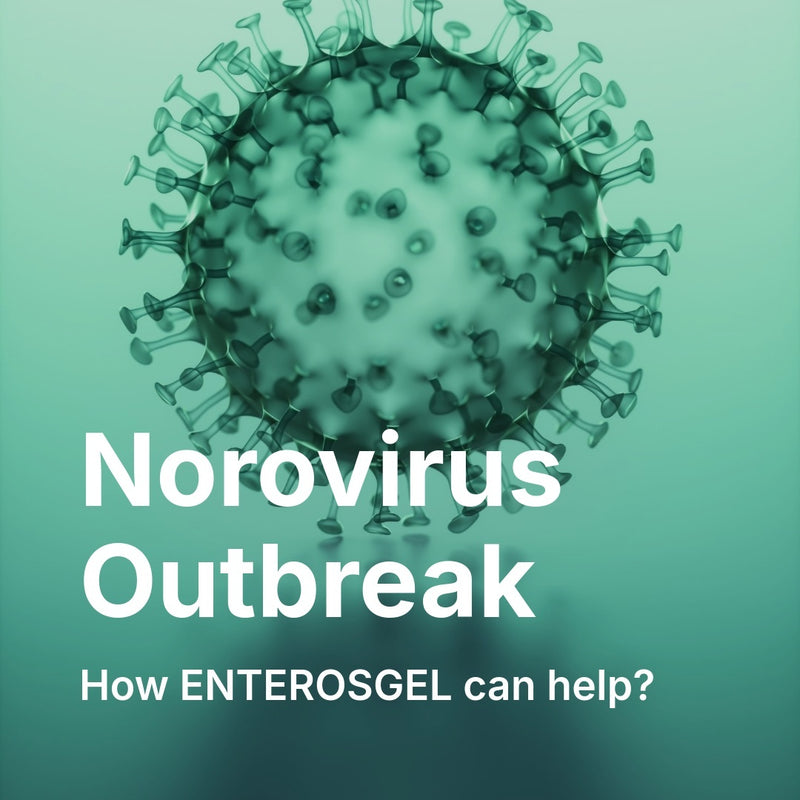
Norovirus update from February 2025
The UK Health Security Agency has recently reported that the beginning of February was the busiest week for hospitals this winter as norovirus cases continue to rise. Data from the NHS shows that 961 patients a day were in hospital with norovirus last week, up 7% on the week before and 69% higher than the same period last year
In the UK norovirus is the most common virus that can cause “acute gastroenteritis” or an infection of the gut or intestines. Norovirus or the “winter vomiting bug” can be caught at any time of the year although its more common in the winter. It is extremely contagious and can affect any age.
What are the symptoms?

It’s contagious!
The incubation time ranges from as little as 12 to 48 hours and is most contagious when your symptoms start until 48 hours after all your symptoms have stopped. However, you can be slightly infectious shortly before your symptoms start or after they end.
As norovirus is very contagious, it’s important that you stay off work or school and don’t visit any care homes or hospitals until your vomiting or diarrhoea has stopped for at least 48 hours.
Norovirus is easily passed between people by close contact or contact with any surfaces or food that has been contaminated with the virus. The virus can pass out of an infected person in their diarrhoea or vomit and can then cause further cases if the virus remains on the infected person’s hands after they have been to the toilet.
As alcohol-based hand gels do not kill norovirus, it’s important to frequently wash hands with soap and water to stop it spreading. Other measures include wearing disposable gloves to handle contaminated items, cleaning surfaces with a bleach-based disinfectant and washing any contaminated bedding or clothing on a hot wash.
How to treat?

Stay hydrated:
You can easily lose water and salts from your body with vomiting or diarrhoea, which can lead to dehydration, so stay hydrated by drinking plenty of fluids. Oral rehydration drinks are good to take if you have signs of dehydration or to offer to children who are more vulnerable to becoming dehydrated.
Treatment:
You can use paracetamol to help with your fever or aches and pains. You could also try taking ENTEROSGEL which has been clinically proven to reduce the duration of diarrhoea in children and adults with acute gastroenteritis. ENTEROSGEL works by capturing viruses such as norovirus in the gut and removing them naturally with the stool, thereby allowing you to recover quicker. It is safe for all ages from 0+years, although in children under 3 years it is recommended to speak to a GP before use. Remember, norovirus cannot be treated with antibiotics as these only work against bacteria.
Stay at home:
Wait until 48 hours after your symptoms have stopped before returning to work or school and keep away from your GP or hospital whilst you are contagious. If you need advice talk to your GP by phone or contact NHS 111.
